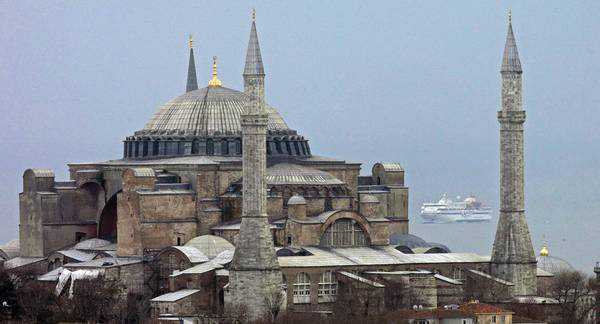Rabbi Hier’s Op/Ed in LA Times:
The Holocaust was a horrific atrocity and watershed event in human history. The meaning of the word is being distorted and demeaned in political rhetoric and casual comparisons.
Marvin Hier
June 29, 2010
Over the last few years, U.S. political discourse has been saturated with opponents accusing each other of Nazi-like policies or behavior.
Most recently, it was California Atty. Gen. Jerry Brown who likened the attack ads of Meg Whitman, his Republican opponent in the race for governor, to the tactics employed by Nazi propaganda chief Josef Goebbels.
Brown later called me to say he regretted citing Goebbels. But most of the comparisons are made without apology.
Last week, Sarah Palin criticized President Obama’s handling of the BP crisis in a tweet to followers recommending they read an article by Thomas Sowell that compared Adolph Hitler’s use of a financial crisis to give himself dictatorial powers to Obama’s role in creating the BP escrow fund.
A few months ago, speaking about the controversial Arizona immigration bill (a bill that the Wiesenthal Center criticized), Lillian Rodriguez Lopez of the Hispanic Federation reportedly compared the measure to tactics used by the Nazis in Germany.
The Holocaust was a watershed event in the history of mankind, in which
6 million Jews — one-third of the world’s Jewish population — were exterminated. But today the word is used in ways that cheapen it.
Last fall, Democratic Rep. Alan Grayson of Florida spoke on the House floor about the need for universal healthcare, saying Americans die every year because they lack insurance. “I apologize to the dead and their families,” he said, “that we haven’t voted sooner to end this holocaust in America.”
In 2007, former Arkansas governor and Republican presidential candidate Mike Huckabee used the word in speaking out against abortion. “For the last 35 years we have aborted more than 1 million people who would have otherwise been in our workforce,” he said, “had we not had the holocaust of liberalized abortions under a flawed Supreme Court ruling in 1973.”
And syndicated columnist David Sirota recently applied the term to the BP gulf oil disaster, saying, “Every American who uses oil — which is to say, every American — is incriminated in this ecological holocaust.”
The continued misuse and trivialization of the word prompted Elie Wiesel, Nobel laureate and chronicler of the Holocaust, to discontinue using it. “Whatever mishap occurs now, they call it ‘holocaust,’” Wiesel said. “I have seen it myself in television in the country in which I live. A commentator describing the defeat of a sports team, somewhere, called it a ‘holocaust.’”
Wiesel is right. There are many injustices and manifestations of evil in our world, even in our own country, the greatest of democracies.
Standing up to them is not only our right but our obligation. But that obligation does not include distorting and demeaning the word that has come to stand for the great evil that was the Holocaust.
The Holocaust was a total eclipse of humanity. It was not about going to the back of the line or eating in a different part of the restaurant or being escorted to the border without recourse. The Holocaust had one
purpose: the total annihilation and extinction of a race.
The Holocaust was the story of ordinary Germans: students, doctors, men and women of culture, who were not demented, who listened to Bach and Beethoven, who loved their families, who were not diagnosed as psychopaths, but who, nonetheless for six years, rounded up men, women and children and escorted them to the gas chambers.
As the commandant of Auschwitz, Rudolf Höss, wrote in his confession before he was tried and executed in Poland: “Up to this point, it was not clear to me, nor to Eichmann, how the killing of the expected masses was to be done — perhaps by gas, but how and what kind of gas. I was always horrified of death by firing squads, especially when I thought of the large numbers of women and children who would have to be killed. Now I was at ease, we were all saved from these blood baths and the victims would be spared until the last moment…. I also watched how some women, who suspected or knew what was happening, even with the fear of death all over their faces, still managed enough strength to play with their children and talk to them lovingly. Once, a woman with four children, all holding each other by the hand to help the smallest ones, passed by me. She stepped very close to me and whispered, pointing to her four children, ‘How can you murder these beautiful, darling children? Don’t you have any heart?’”
That was the Holocaust. It is not the BP oil disaster, it is not healthcare, it is not Arizona law, it is not the attack ads of Meg Whitman, it is not abortion, and it is not even horrific violations of civil rights.
The enormity of the crimes of the Holocaust was such that if you were to try to call out 2,000 of the names every day of the 6 million who perished, it would take more than eight years to complete the task.
That’s what a holocaust is.
Rabbi Marvin Hier is the Founder and Dean of the Simon Wiesenthal Center.


Leave a Reply